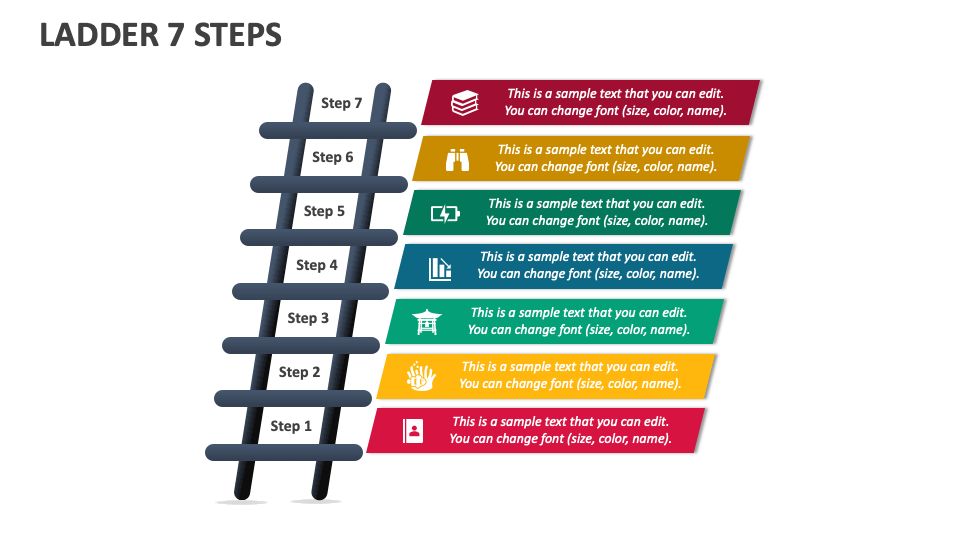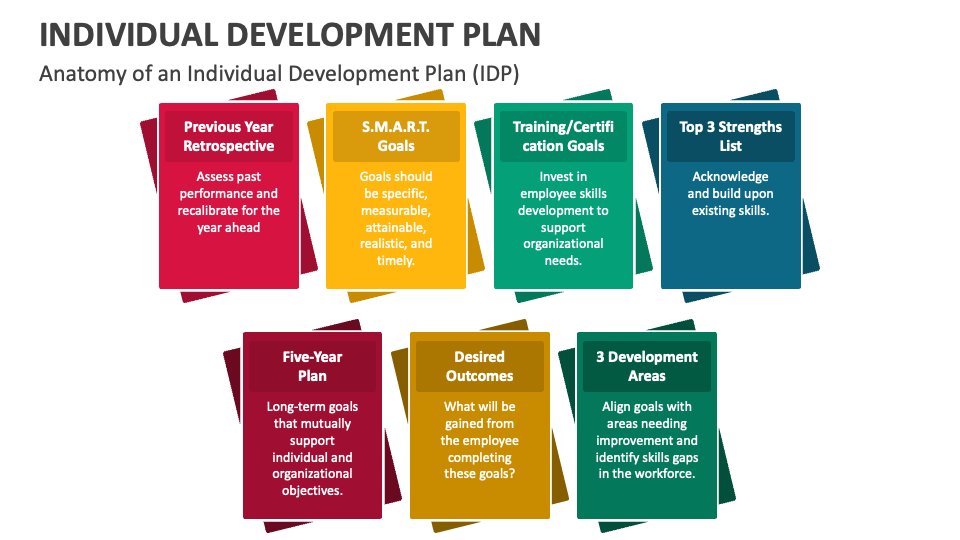Unlock the secrets to unleashing your full potential with a 7-step roadmap for personal and professional growth. Discover now!

Image courtesy of Mike Bird via Pexels
Table of Contents
- Introduction:
- Section 1: Embracing Self-Reflection
- Section 2: Setting Clear Goals
- Section 3: Cultivating a Growth Mindset
- Section 4: Expanding Knowledge and Skills
- Section 5: Building Positive Habits
- Section 6: Nurturing Emotional Intelligence
- Section 7: Maintaining Self-Care and Well-being
- Conclusion:
Introduction:
Personal growth and development are essential aspects of leading a fulfilling and successful life. It involves continuously striving to enhance oneself in various areas, including emotional intelligence, skills, knowledge, and habits. By embracing personal growth, we can unlock our full potential and create a positive impact on both our personal and professional lives.
Section 1: Embracing Self-Reflection
Self-reflection is a powerful tool that allows us to gain insights into our thoughts, feelings, and actions. It helps us understand ourselves better and identify areas where we can improve. Taking the time to reflect on our experiences, achievements, and setbacks allows us to identify patterns, strengths, and weaknesses.
One practical way to incorporate self-reflection into our daily routines is through journaling. By writing down our thoughts and reflections, we can gain clarity and develop a deeper understanding of ourselves. Additionally, setting aside regular moments of solitude and contemplation helps create an environment that fosters self-reflection.
Section 2: Setting Clear Goals
Setting clear and meaningful goals is a crucial step in personal growth. Without clear targets, we may find ourselves drifting aimlessly without a sense of purpose or direction. The SMART goal-setting framework is a useful tool in helping us define goals that are specific, measurable, achievable, relevant, and time-bound.

Image courtesy of www.collidu.com via Google Images
For instance, instead of setting a vague goal like “improve communication skills,” a SMART goal would be “attend a public speaking course, practice delivering speeches at least twice a month, and participate in a Toastmasters club within the next six months.” Such specific goals provide us with clear objectives and a roadmap for personal growth.
Section 3: Cultivating a Growth Mindset
A growth mindset is a belief that our abilities and intelligence can be developed through dedication, effort, and perseverance. Embracing a growth mindset enables us to view challenges as opportunities for growth and learning, rather than obstacles to success.
To cultivate a growth mindset, we can start by becoming aware of our fixed mindset traits and consciously challenging them. By reframing challenges and setbacks as learning experiences, focusing on efforts rather than outcomes, and seeking feedback, we can develop a mindset that embraces continuous improvement.
Section 4: Expanding Knowledge and Skills
Continuous learning is a vital aspect of personal growth and development. Acquiring new knowledge and skills allows us to adapt to changing environments, explore new opportunities, and expand our perspectives.

Image courtesy of www.shutterstock.com via Google Images
There are various ways to enhance our learning abilities. Reading books, taking courses, attending workshops or seminars, and seeking mentorship are all effective methods. Additionally, exploring new areas of interest broadens our horizons and exposes us to fresh ideas and perspectives.
Section 5: Building Positive Habits
Habits play a significant role in shaping our lives and directly impact our personal growth. By cultivating positive habits, we can create a foundation for personal and professional success.
| Step | Action |
|---|---|
| Step 1 | Assess your current skills and knowledge |
| Step 2 | Set specific goals for personal and professional growth |
| Step 3 | Create a plan of action to achieve your goals |
| Step 4 | Acquire new skills and knowledge through learning opportunities |
| Step 5 | Seek feedback and constructive criticism |
| Step 6 | Implement changes based on feedback |
| Step 7 | Regularly review and adjust your plan |
One effective strategy for building positive habits is to start small. By focusing on one habit at a time, we can gradually incorporate it into our daily routines until it becomes second nature. Additionally, habits are more likely to stick when they are tied to existing cues or incorporated into existing routines.
intelligence name=”section-6-nurturing-emotional-intelligence”>Section 6: Nurturing Emotional Intelligence
Emotional intelligence refers to the ability to recognize, understand, and manage our emotions and the emotions of others. It is a crucial skill for personal growth as it allows for improved self-awareness, empathy, and effective interpersonal relationships.

Image courtesy of www.collidu.com via Google Images
To nurture emotional intelligence, we can practice active listening, develop empathy, and regulate our emotions. Engaging in activities such as mindfulness or meditation also enhances our emotional intelligence by cultivating self-awareness and emotional resilience.
Section 7: Maintaining Self-Care and Well-being
Self-care is an essential aspect of personal growth and development. Taking care of our physical and mental well-being enables us to perform at our best and maintain a healthy work-life balance.
Regular exercise, healthy eating, and adequate sleep are vital components of self-care. Engaging in activities that bring us joy and relaxation, such as hobbies, spending time in nature, or connecting with loved ones, also contribute to our overall well-being.
Conclusion:
Personal growth and development are lifelong journeys that require consistent effort and dedication. By embracing self-reflection, setting clear goals, cultivating a growth mindset, expanding knowledge and skills, building positive habits, nurturing emotional intelligence, and maintaining self-care, we can unlock our full potential and create a meaningful and fulfilling life.
Remember, personal growth is not a linear process, and setbacks will occur along the way. However, by adopting these strategies and committing to continuous improvement, we can navigate through challenges and thrive in our personal and professional lives.
FAQ
How long does personal and professional growth take?
Personal and professional growth is a lifelong journey that varies for each individual. There is no set timeframe as it depends on the goals, dedication, and efforts put in. It requires continuous learning and adaptation to new experiences and challenges.
How can I stay motivated during my personal growth journey?
To stay motivated, it’s essential to keep your goals in mind and remind yourself of the reasons why you started. Break your goals into smaller milestones, celebrate achievements, and seek inspiration and support from mentors or like-minded individuals. Remember to be kind to yourself and embrace setbacks as learning opportunities.
What if I face obstacles or setbacks along the way?
Obstacles and setbacks are a natural part of personal growth. Instead of becoming discouraged, view them as opportunities for growth and learning. Reflect on the situation, adjust your approach if needed, and seek support from mentors or friends. Remember that setbacks are temporary, and your determination will help you overcome them.
Can personal growth help in my professional life?
Yes, personal growth directly impacts your professional life. By developing skills, knowledge, and habits, you become more confident, adaptable, and better equipped to handle challenges. Improved emotional intelligence and self-care also contribute to better workplace relationships, productivity, and overall career satisfaction.
Powered by Texta.ai Blog Automation
Leave a Reply